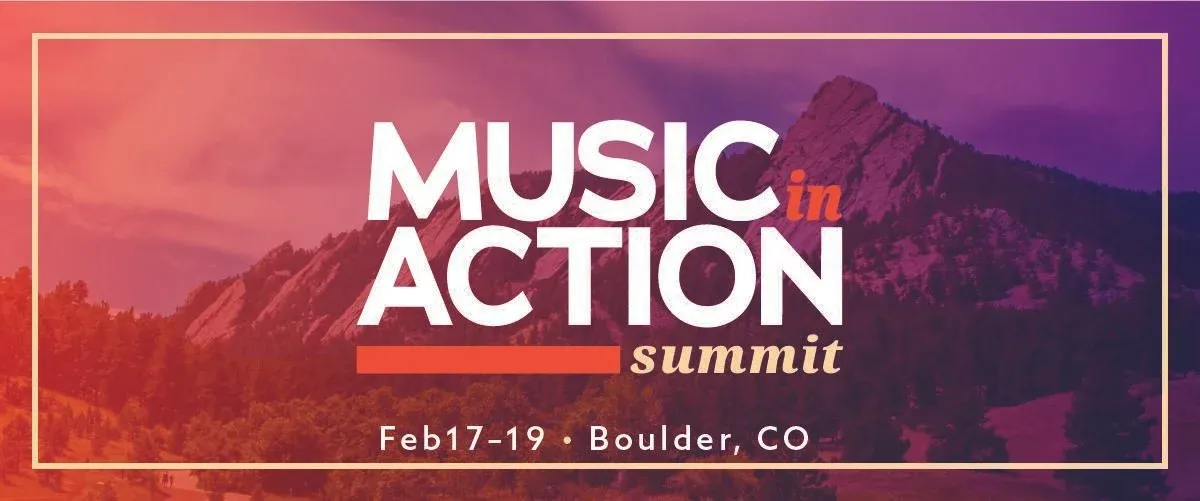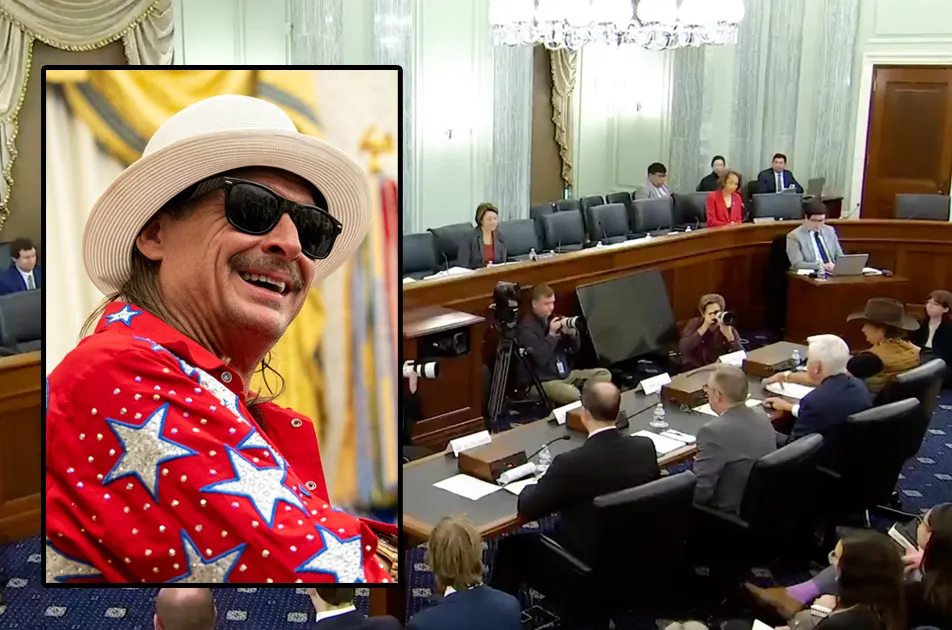Live shows are important at every stage of most musician's careers whether or not they are touring artists. Live shows are where musicians and hardcore fans fall in love, break up, reunite and grow old together. For some folks live shows are the only place music truly exists. So whether you intend to be a touring monster or plan an elusive life of rare appearances, you need to have a solid live show. Here are some tips for improving your performances with a focus on beginners.
Prescription PR's Chris Singleton recently shared some thoughts on "how to improve your live performances" with some inspiration from The Beatles.
I'm using Singleton's tips as a jumping off point for the following take on what new performers can do to improve their shows.
5 Tips For Improving Your First Live Shows
1. Perform a lot in diverse settings
There's nothing like doing a heck of a lot of shows to find your place on stage. If you're a solo or small act with limited gear, then the ranges of places you can play are nearly unlimited if you are willing to play for free. "Get out of your comfort zone" and take opportunities that may well put you in front of skeptical audiences. You'll learn from that too.
2. "Differentiate your band from other acts"
Chris Singleton encourages musicians to "mach schau" (make show) as Bruno Koschmider encouraged the early Beatles. While that doesn't have to mean do crazy theatrical stuff to delight the crowd, though that's not a bad idea if you can pull it off, it does mean you should consider every aspect of your self-presentation and search for what can define you as an act.
Some musicians are always in costume, others save the best looks for the stage. But something as simple as making a conscious choice about what you're wearing, whether it's a vintage tee of a dead band or an all black ensemble, is part of what will distinguish you as an act to which fans can relate.
As you spend more time onstage, you can also experiment with ways of presenting your music. If your songs suggest that some rolling around onstage and tearing your clothes into bits needs to be done, go for it! If carefully staged presentations with designated soloists for each song and an elegant yet nonintrusive lighting show is your thing, that works too.
The point is to find a distinctive way of presenting yourself that's tied to your music and, yes, pleases your audience.
3. Connect from the stage
As you play out more notice how you interact with your audience. Even before and after your song or set, your behavior affects how you're viewed. But your onstage interactions are most clearly part of your act.
For some musicians that may start with simply making periodic eye contact or commenting on something specific to the time or place to which that audience will relate. If you're already comfortable with that kind of thing, perhaps explore (short)storytelling moments or other ways of giving your audience more context. Just remember to keep the focus on the music.
And if your tendency is to be really withdrawn or really pissed at the crowd, then you have the option of gradually shifting that stance towards positive communication or taking it deep and using it to define your act.
4. Videotape your show and study that tape
These days it's an incredibly mundane thing to get some footage of your performance so, if nothing else, get a look at yourself from an objective perspective just like you might check out a mirror on your way out the door.
But to really benefit from video, plan to get decent footage that includes your stage entry, stuff that happens between songs and your exit. Those are all part of your show and some acts undermine themselves by only taking the songs seriously.
Check it out with nobody around and check it out with a sharp eye at your side. It doesn't have to be a complicated process in order to reap high returns for taking this process seriously.
5. Get informed feedback
Chris Singleton suggests asking "(ideally impartial) members of your audience" for feedback after your show. But it's really hard to evaluate feedback if you haven't evaluated the person giving the feedback.
One thing I learned in San Francisco: Even the worst drag queen has a following.
If you're serious about performing you want to seek out feedback from those who have either done what you're doing, done what you're hoping to do or have an understanding of the stage that crosses genres. In fact, seeking out someone with theater training might be a really powerful way to get an informed eye and an open minded-response.
6. Take every show seriously
It's so offensive to the audience members present when a performer focuses on their disappointment at the size or responsiveness of the crowd. Do the best job you can everytime. Maybe afterwards it will still feel disappointing but, by building with those who are present and by reaffirming your commitment to your art every time you perform, you will still come out ahead.
Are You Willing To Make The Investment In Your Career?
Solveig Whittle has an extended post about her choice to spend a nice chunk of money on attending the Tom Jackson Live Performance Bootcamp in Nashville. She digs into detail about what it costs, the schedule and the experience. This format may not fit everyone and is likely more useful for those with some experience.
But if you found yourself thinking you'd never spend money on a coach, assuming you had or could acquire the means, what does that say about your commitment to live performance?
That said, even attending bootcamp is as much, if not more, about the time you're willing to invest in your live shows as it is the money. Bringing the same attention and care to what you do onstage as you do to writing your music or learning your part will not only be a key investment in your performances but also in your career.
[Thumbnail image courtesy Fungi Collective Music Division.]
Hypebot Senior Contributor Clyde Smith (@fluxresearch/@crowdfundingm) also blogs at Flux Research and Crowdfunding For Musicians. To suggest topics for Hypebot, contact:
clyde(at)fluxresearch(dot)com.




